MORE IMPORTANT INFORMATION ABOUT YOUR TRAVEL TO Geneva
The Train station is located at the center of Geneva
Geneva ( jin-EE-və; French: Genève [ʒənɛv]; Arpitan: Genèva [dzəˈnɛva]; German: Genf [ɡɛnf]; Italian: Ginevra [dʒiˈneːvra]; Romansh: Genevra) is the second-most populous city in Switzerland (after Zürich) and the most populous city of Romandy, the French-speaking part of Switzerland. Situated where the Rhône exits Lake Geneva, it is the capital of the Republic and Canton of Geneva. The municipality (ville de Genève) has a population (as of December 2018) of 201,818, and the canton (essentially the city and its inner-ring suburbs) has 499,480 residents. In 2014, the compact agglomération du Grand Genève had 946,000 inhabitants in 212 communities in both Switzerland and France. Within Swiss territory, the commuter area named "Métropole lémanique" contains a population of 1.26 million. This area is essentially spread east from Geneva towards the Riviera area (Vevey, Montreux) and north-east towards Yverdon-les-Bains, in the neighbouring canton of Vaud. Geneva is a global city, a financial centre, and a worldwide centre for diplomacy due to the presence of numerous international organizations, including the headquarters of many agencies of the United Nations and the Red Cross.
Source:
WikipediaADDITIONAL INFORMATION ABOUT Lucerne
The Train station is located at the center of Lucerne
Lucerne ( loo-SURN, French: [lysɛʁn]; German: Luzern [luˈtsɛrn]; Lucerne German: Lozärn; Italian: Lucerna [luˈtʃɛrna]; Romansh: Lucerna [luˈtsɛrnɐ]) is a city in central Switzerland, in the German-speaking portion of the country. Lucerne is the capital of the canton of Lucerne and part of the district of the same name. With a population of approximately 82,000 people, Lucerne is the most populous town in Central Switzerland, and a nexus of economics, transportation, culture, and media in the region. The city's urban area consists of 19 municipalities and towns with an overall population of about 220,000 people.Owing to its location on the shores of Lake Lucerne (German: Vierwaldstättersee) and its outflow, the river Reuss, within sight of the mounts Pilatus and Rigi in the Swiss Alps, Lucerne has long been a destination for tourists. One of the city's famous landmarks is the Chapel Bridge (German: Kapellbrücke), a wooden bridge first erected in the 14th century. The official language of Lucerne is the Swiss variety of Standard German, but the main spoken language is the local variant of the Alemannic Swiss German dialect.
Source:
WikipediaImages of the trains for your trip
Where Can You Travel With Us?
TAKE A LOOK AT OUR MAP
France
Italy
Netherlands
Luxembourg
Austria
Germany
Belgium
Switzerland
Denmark
Sweden
Norway
Hungary
Czech
Ukraine
China
Active
France, Italy, Netherlands, Luxembourg, Austria, Germany, Belgium, Switzerland, Denmark, Sweden, Norway, Hungary, Czech, Ukraine, China
Upcoming
USA, Canada, Spain, Poland, Japan
Other Train Trips From Lucerne

Lucerne to Degersheim

Lucerne to Lausanne

Lucerne to Uzwil

Lucerne to Mannedorf
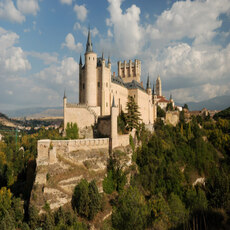
Lucerne to Davos Wolfgang
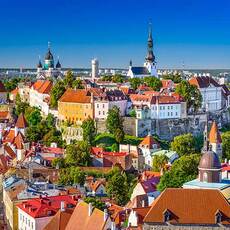
Lucerne to Sagliains

Lucerne to Mendrisio San Martino

Lucerne to Rapperswil

Lucerne to Saint Croix
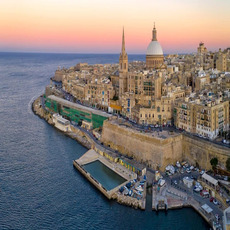
Lucerne to Flims Waldhaus Caumasee

Lucerne to Interlaken West

Lucerne to Yverdon Les Bains

Lucerne to Bettmeralp

Lucerne to Birmensdorf Zh

Lucerne to Appenzell

Lucerne to Frick
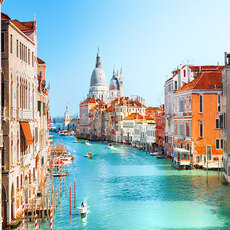
Lucerne to Taesch

Lucerne to Zurich Altstetten

Lucerne to Lenk im Simmental
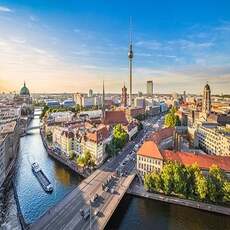
Lucerne to Basel Badischer

Lucerne to Realp
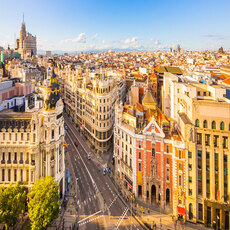
Lucerne to Laax

Lucerne to Moerel
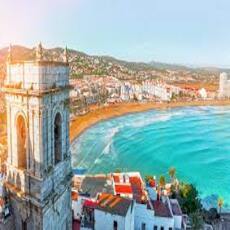
Lucerne to Porrentruy

Lucerne to Schoenenwerd

Lucerne to Saanen
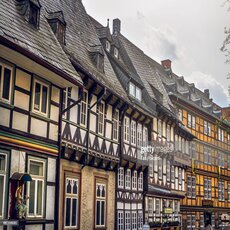
Lucerne to Etzwilen

Lucerne to Merligen Ths
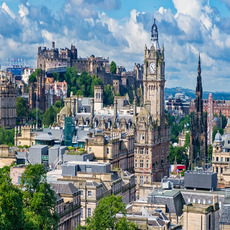
Lucerne to La Chaux De Fonds
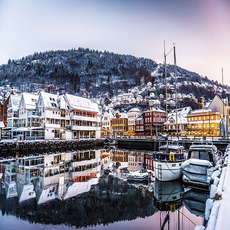
Lucerne to Saint Niklaus
WHY YOU SHOULD TRAVEL BY TRAIN?
To travel from Lucerne To Geneva, trains would be the best travel choice, for several reasons:
1
Eco-Friendly
Trains are the most environmentally-friendly way of transport to the EU Environment Agency. They are powered by electricity, which is renewable and has a low environmental impact.
2
Speed
Travelling by train is in most cases the fastest way to go from Rome to Milan. Trains usually travel at high speeds, making them the fastest way to get from one place to another.
3
Safety
Travelling by train is one of the safest forms of transport. Trains are heavily regulated and monitored, making them safer than other forms of transport.
4
Price
Travelling by train is often cheaper than other forms of transport, such as flying or taking a bus. Trains are often subsidized by the government, making them cheaper than other forms of transport.
5
Luggage
Travelling by train is a great way to transport luggage. Trains usually have plenty of space for luggage and they are usually safe and secure.
6
Luggage
Travelling by train is often faster than other forms of transport, such as driving or taking a bus. Trains usually travel at high speeds, making them the fastest way to get from one place to another.
7
Comfortability
Travelling by train is usually very comfortable. Trains usually have comfortable seating and plenty of legroom, making them a great way to travel.
8
Comfortability
Travelling by train is a great way to get some sleep. Trains usually have comfortable seats and plenty of legroom, making them a great way to get some rest while travelling.
9
WIFI
This is not necessarily the most important when you travel since we prefer to tell you to enjoy your travel without your phones, but on trains, you can find WIFI onboard, so you remain connected to the internet if you choose to.
THESE ARE THE TRAIN OPERATORS WE WORK WITH



















